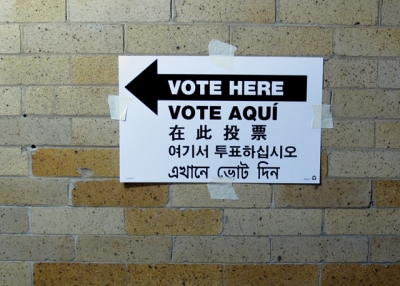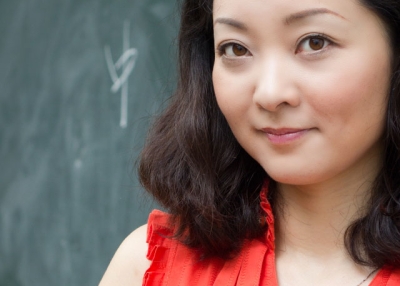The New Confucianism
Asia Society president Vishakha N. Desai in conversation with Professor Tu Weiming.
Confucianism is often caricatured as being hierarchical, authoritarian, misogynistic, and dogmatic. I too once shared this view and thought it was concerned exclusively with hierarchies and social relationships. I had always thought that, in the Chinese tradition, Confucianism taught how to live in society, Daoism how to live in nature, and Buddhism how to live with oneself (perhaps the most difficult challenge of all). But at April 2011’s National Chinese Language Conference, Professor Tu Wei-ming completely transformed my understanding by showing us that Confucianism already contains within it all of these dimensions of thinking and experience.
Tu, a distinguished professor at Harvard University and Beijing University, has focused his academic career on the modern transformation of Confucian humanism. He suggests that Confucianism is much more nuanced, holistic, integrative, and indeed “spiritual” than most people think. He argues that the Confucian tradition contains within it a “critical spirit,” which encourages a continuous process of “learning, un-learning, and re-learning” rather than the narrow acceptance of dogma or tradition. The tradition emphasizes that all human beings have the potential to become sages. And while Confucianism aims most importantly at the transformation of the world here and now, it also contains a spiritual and naturalistic dimension—a commitment to an ethics and morality that is grounded in the larger principles of the universe.
Tu notes that Americans once learned democracy from France, language and literature from England, and science and technology from Germany; in the second half of the twentieth century, we became a teaching culture that continues to export ideas, technologies, and institutions to the rest of world.
He urges the United States to embrace the Confucian critical spirit and regain its stature as one of the great learning civilizations of the world. He calls on Americans to renew their commitment to learning from others and looking at things from multiple perspectives. What better way for American students to achieve this than to study Chinese language and culture!
Prof. Tu Weiming on the "new Confucianism."





